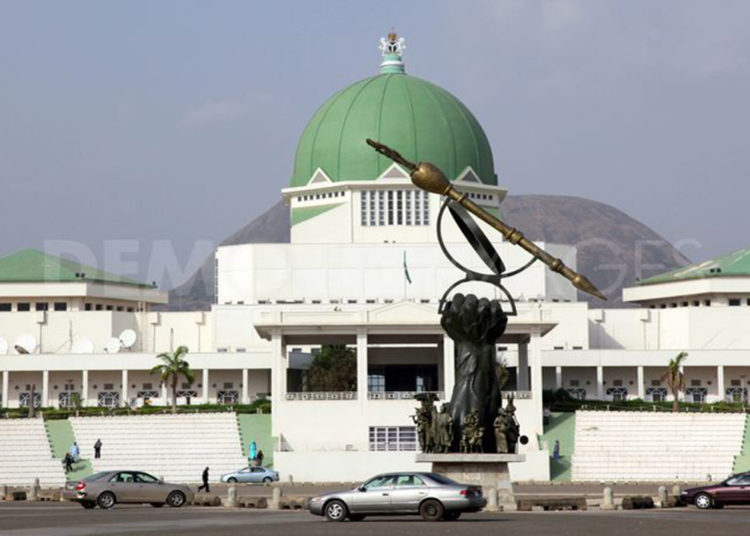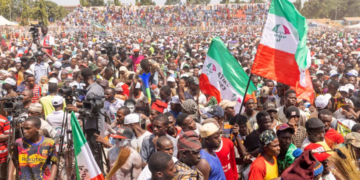Women professionals, politicians and activists have called for the advancement of women’s participation in the country. They said the Women’s Seat Reserve Bill before the National Assembly (NASS) will boost their participation in politics and strengthen the nation’s democracy.
In a chat with LEADERSHIP, a lawyer, academic and civil rights activist, Dr. Abiola Akiyode-Afolabi, said the Women’s Reserved Seat Bill is the best way to address the underrepresentation of women in politics and elective positions.
She said, ‘’Women’s Reserved Seats are not the best solution to address the low representation of women in Nigerian politics. The best solution is the quota system, which has proven effective in many countries and is often enshrined in their constitutions.
“However, Nigeria’s approach to this issue has been quite minimalistic, making only a small impact on increasing the number of women in politics. While it might not be the ideal solution, it is the only option available at this time.
“The quota system is widely used to improve representation for marginalised groups. I can’t claim it’s the perfect solution, but it has the potential to create more opportunities for women. There are examples of countries where implementing quotas has led to increased representation of women in politics.’’
The founding director of the Women Advocates Research and Documentation Centre (WARDC), a non-governmental organisation whose main objective is to promote women’s rights, human rights, governance, and the rule of law, believes that the Bill will strengthen the quality and legitimacy of Nigeria’s democracy.
According to her, ‘’Women’s representation is still quite low, currently at only 4.6 per cent. By the time we have about 36 per cent or 37 per cent seats in the Senate, the number of female senators would rise to at least 37, increasing the overall percentage of women in the Senate to around 15 or 20 per cent.
Although the House of Representatives may see only a modest increase in women, it still may be higher than the current figures.
In 15 states’ Houses of Assembly in Nigeria, there are places with absolutely no female representatives. For instance, the last time a woman served in Bauchi’s House of Assembly was about two or three elections ago, around 2011, and there was only one woman at that time. This pattern of minimal female representation is evident in several states, including Osun and Oyo. For example, Osun State has not produced a single woman in its last three elections.
‘’In light of this, even having two women in the House of Assembly would be an improvement for states that currently have none, which reflects the dire situation in Nigeria overall.’’
Corroborating Akiyode–Afolabi, a former Ondo State House of Assembly Member, Hon. Princess Kemisola Adesanya told LEADERSHIP in Akure, the state capital, that increasing women’s participation in politics would strengthen Nigeria’s democracy by enhancing representation and promoting inclusivity.
Adesanya, who previously served as the state woman leader of the People’s Democratic Party (PDP) in Ondo state, emphasised that women’s involvement in governance ensures policies better reflect the needs of the entire population.
She said, “It will inspire future generations of women leaders. The bill would challenge stereotypes and biases, foster a more equitable society, and promote gender equality and fairness, which will contribute to a healthier and more representative democracy.”





